The Dynamics of Child Development
Let me walk you through my understanding of child development. In simple terms, it's about how little munchkins grow and pick up new skills as they age. We're looking at their physical, mental, emotional and social growth - basically anything and everything that shapes them. From their genes to surroundings to the love and care they receive. The whole shebang!
Kids change so much from the moment they're born till they hit their teens. Each age bracket comes with its own quirks. Take newborns for instance - they rely mostly on natural reflexes and basic senses to get by. Then come crawling, walking and so much more. Around 2-3 years is when speech and emotional expression kicks in. Near 4-5 years, they start playing with other tiny humans more for honing social abilities. Post starting school, their mental and physical capabilities shift into high gear. Come teenagehood, identity formation and independent choice-making starts taking center stage!
I'd say parental care and love would top that list. When moms and dads are attentive and responsible, the little one grows better across the board. Providing wholesome food, comfortable clothing, education - it contributes to mental and physical nourishment. But more than that, affection is key. Forced learning can totally backfire! A nurturing upbringing lays the foundation for their personality. Parents' conduct becomes their moral compass.
Second spot would go to influences from friend circles and classmates. Kids bond and flock together from early days. Group play teaches essentials like team spirit, leadership and sportsmanship. In later childhood especially, peers wield more sway on shaping opinions versus parents. Supportive company aids emotional resilience. Shared wins become building blocks for self-confidence.
Last but not least, innate cognitive abilities make or break learning outcomes. Mentally alert kids understand concepts quicker and have a competitive edge. Such young minds relish solving problems and puzzles. They lean into challenges. On the other hand, slower processors require greater time and repetition to internalize lessons.
Here are some games and activities that improve children's reasoning skills and learning ability:
Children love puzzles where they assemble pieces to build images or objects. This sharpens their minds and provides ongoing practice in analytical thinking and spatial calculations. With building blocks they can test their imaginative ideas and be creative. Such games boost children’s imagination.
Drawing/painting allow children to express creativity, a great outlet for emotions. What they cannot put into words, they depict through art. This activity builds skills in observation, envisioning and visualization – key cognitive capacities. Moreover, it fosters patience and determination, as they learn to focus on details and overcome challenges to bring their imagination to life.
In pretend play children gain life experience by role playing others’ lives – like acting as a doctor, teacher etc. They get insight into real world situations and problems. Drama play with groups provides similar benefits but also improves communication and creativity. Additionally, it enhances their empathy and understanding, as they step into the shoes of different characters. This form of play also cultivates leadership skills, as they often have to negotiate roles and scenarios with their peers.
Younger children love listening to stories while viewing pictures, as this aids focus and grows vocabulary. By asking questions and making observations, children co-construct the narrative. This advances comprehension and learning. Furthermore, it encourages critical thinking as they analyze the plot and characters. This interactive process also fosters a love for reading, setting the foundation for lifelong learning.
if you're wondering how you can help your kids make friends and get better at socializing, here are a few tips:
Let them play outside and go to parks. That way, they meet other kids and learn to make friends outside the family circle.
Give them space to choose their own friends. If you try to control it too much, it might backfire and upset them.
Teach them the basics of getting along – like smiling, saying hello, thank you, and sorry. These little things can make a big difference in how they connect with others.
Throwing a birthday party or going on group trips like picnics can be great for making new friends and strengthening existing friendships. It's all about sharing fun times and experiences.
So in a nutshell, monitor and support growth. But let childhood happen organically through discovery!

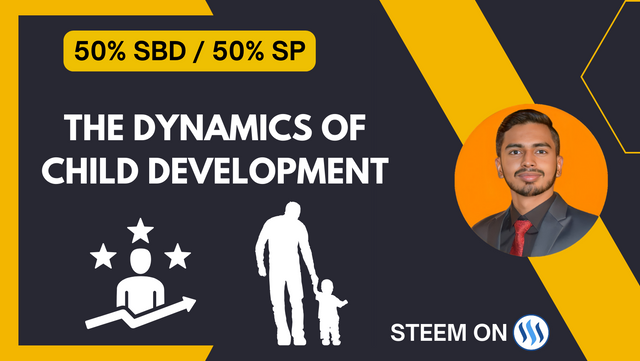
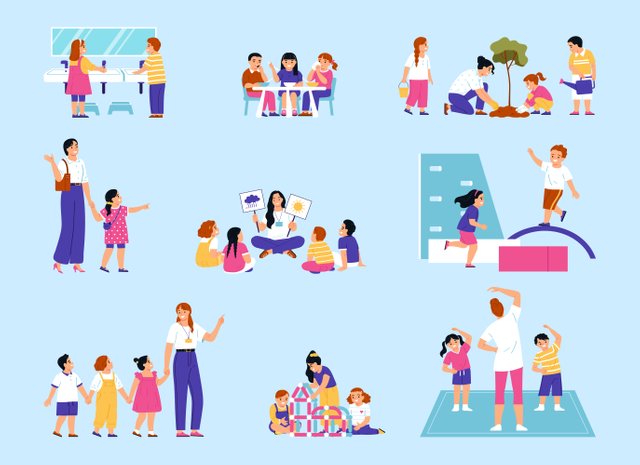
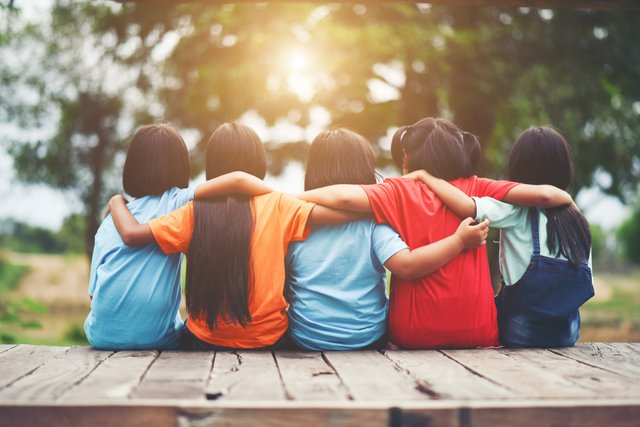
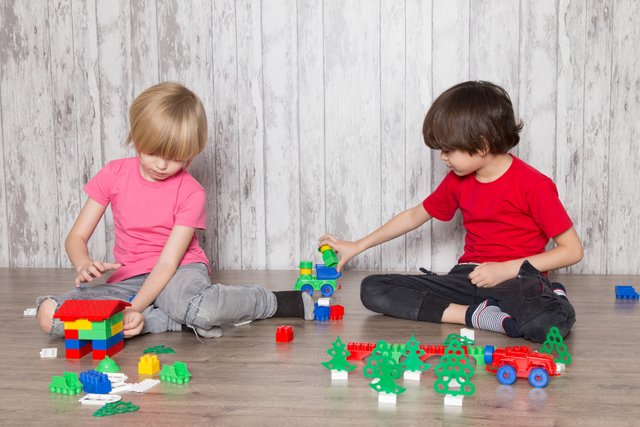
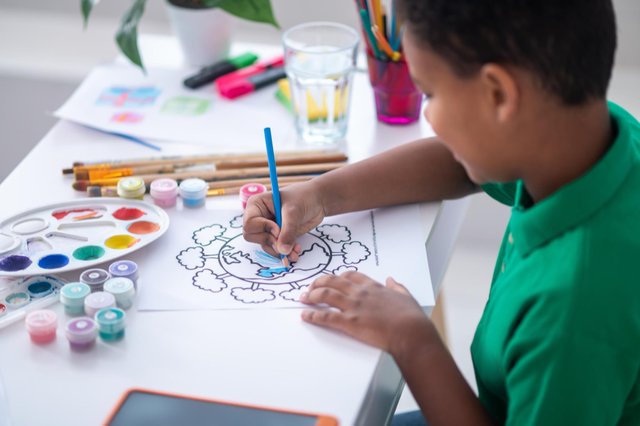

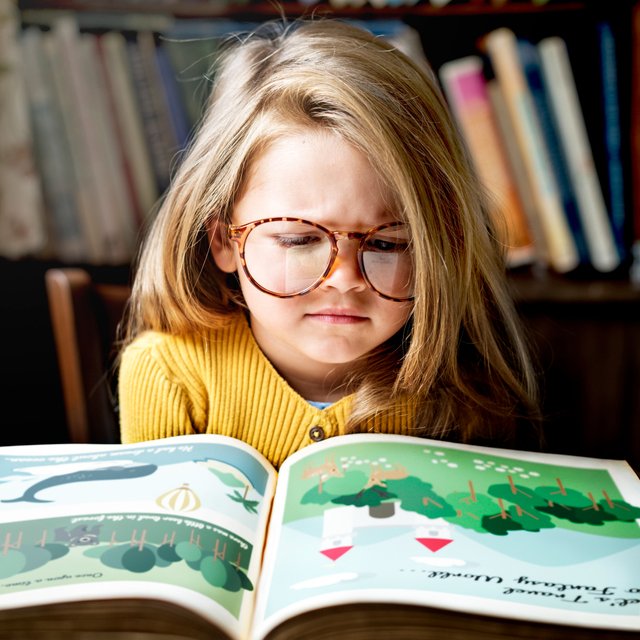
Okay, there are no two ways about it.. you will make a great parent.
I must tell you that those who influence a child are not always the same. For instance, when a child goes to school, his teacher is his everything, with the result that mom and dad come second. As they grow older, their teacher is no longer their everything, and the attention goes back to the parent.
Unfortunately, there is also no handbook that you can learn from. It is trial-and-error.
Good luck with the contest, and thank you for the invitation.
¡Holaaa amigo!😊
El desarrollo infantil es muy importante porque, de este proceso depende que los niños crezcan de la manera más saludables a nivel físico y metal por lo que, hay que estar muy atentos durante la formación inicial de los pequeños de la casa.
Te deseo mucho éxito en la dinámica, un fuerte abrazo💚
Thank you for the comment and support. 😊
☃❄🎄This is a manual curation from the @tipu Curation Project.☃❄🎄
Also your post was promoted on 🧵"X"🧵 by the account josluds
@tipu curate
Upvoted 👌 (Mana: 3/7) Get profit votes with @tipU :)